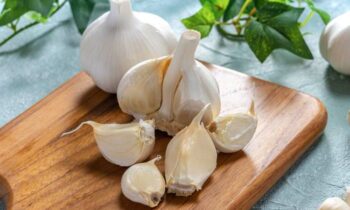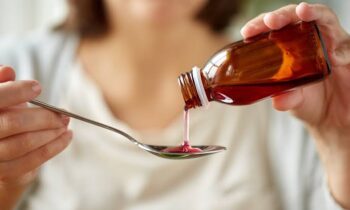It’s World Sleep Day — however would you say you are among the 1.5 million Aussies struggling to nod off? This one thing could be to blame.
There’s nothing more awful than that feeling of hurling and turning all night.
Ongoing measurements demonstrate that an expected 1.5 million Australians aged 20 years and over battle to get off at night — leading the big question. Why?
There’s really a bizarre reason you probably won’t get the kip you need — and fortunately, it’s simpler to fix than you may might think.
As indicated by sleep expert Dr Justin Hundloe, one of the real reasons the greater part of us aren’t ggetting enough sleep is because of Netflix.
“It’s so easy to get hooked on a new show and stay up late binge watching Netflix from your bed,” he told,
“But what this can do is create a link in your subconscious between your bed and being awake consuming content, rather than sleeping.
“This can make it increasingly difficult for your mind to relax and allow you to fall asleep when you get into bed to go to sleep, resulting in a disrupted night’s sleep.”
Actually, the sleep medicine specialist from GenesisCare Australia said our “sleep environment” plays an important part in getting those all important hours of rest.
“It is very important that you avoid using your bed for anything other than sleep or sex, and instead stick to the lounge if you want to stay up late bingeing your new favourite show,” Dr Justin said.
“Sometimes a person can feel exhausted, but will lay in bed unable to sleep. This can be due to a sub-optimal sleep environment that prevents their body from being able to fall asleep or achieve a deep sleep, which allows the body to rest.”
In any case, not getting sleep can have detrimental consequences on your body, Dr Justin explains.
“Many sleep disorders are additionally firmly associated with cardiovascular ailment (CVD), with poor sleep quality possibly causing or adding to CVD, and CVD likewise conceivably exasperating rest.
He included that a poor night’s rest is likewise associated with stress, illness and poor health.
While changes to your routine, such as, move work or long working hours, travel and jet lag are all common factors that can lead to disrupted sleep, Dr Justin believes the major problem is a person’s sleep environment.
Fortunately, Dr Justin said there are several simple things that you can do to help create an ideal sleep environment, which may lead to a better night’s sleep. Hooray.
Here are his best tips to help you to improve night’s sleep on World Sleep Day:
- Go to sleep at the same time each night and get up at the same time each morning
- Refrain from taking naps amid the day
- Go to bed just when you are drowsy
- Avoid caffeine and alcohol within six hours of sleep time
- Avoid the use of nicotine close to bedtime or during the night
- Obtain regular exercise, but avoid strenuous exercise four hours before bedtime
- Avoid eating a heavy meal late in the day
- Minimise light, noise and extreme temperatures in the bedroom
- Do something to help you relax. Read a book, listen to music, or take a bath
- Avoid using your bed for anything other than sleep or sex
- Try making a to-do list before you go to bed. This will prevent “Worry Time”
- Avoid clock watching
- If you have ongoing sleep issues seek professional medical advice
Other extraordinary suggestions top sleep specialists investing putting resources into a quality bed and linen,, for example, the reasonable contributions from Koala, who offer an extreme sleep group including a bedding, bed base, pads and sheets all together.
Other incredible proposals from best rest specialists incorporate putting resources into a quality bed and material, such as the affordable offerings from Koala, who offer a ultimate slumber bundle including a mattress, bed base, pillows and sheets all together.
Listening to music is also a great option, with Spotify offering several sleep inducing playlists, as is reducing your blue light by turning your phone and laptop into sleep mode.



